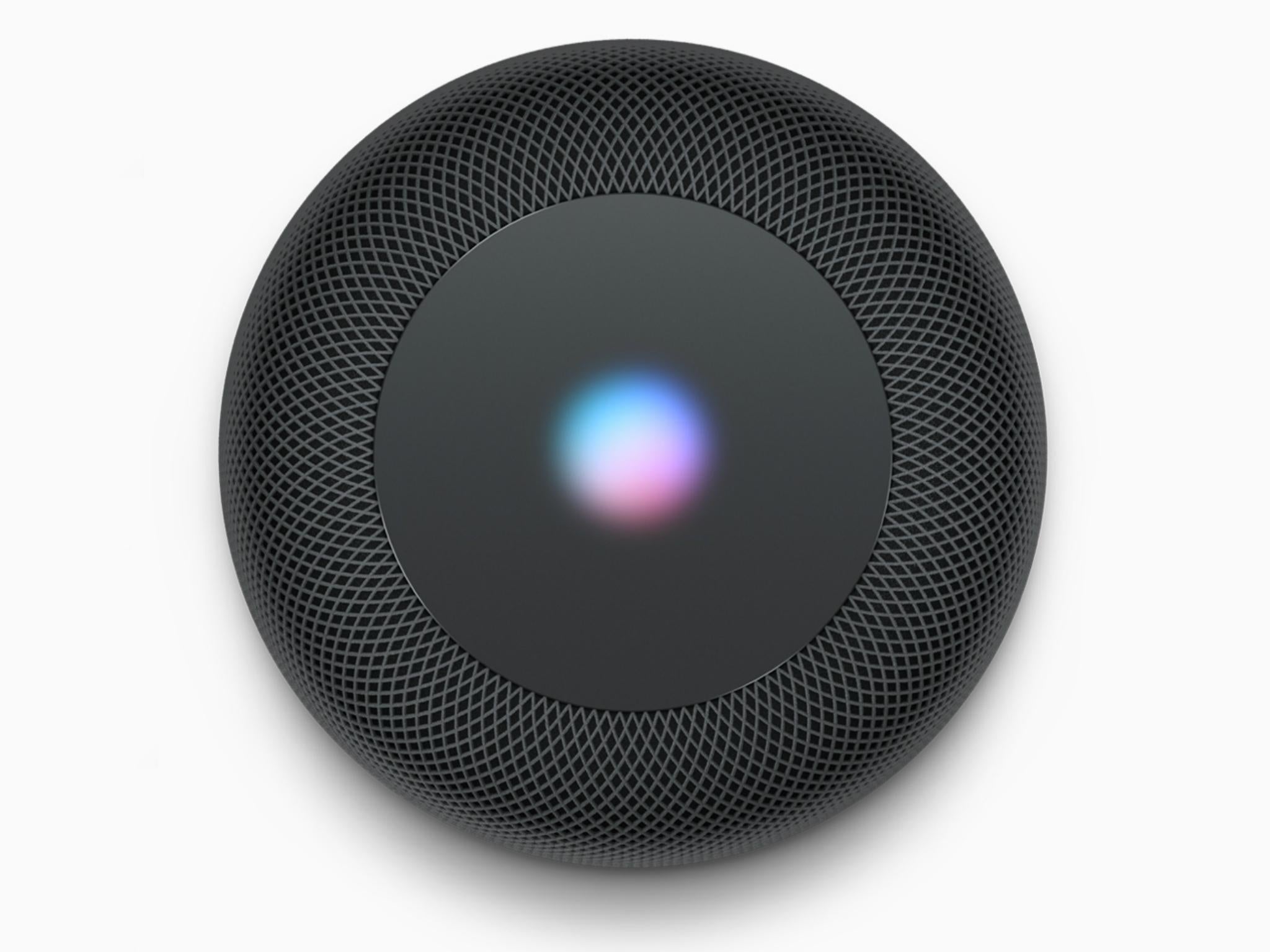Apple plans emoji version of Siri in HomePod patent
Apple's smart speaker could soon come with an animated version of its popular virtual assistant

Apple could be planning to introduce an emojii version of its Siri virtual assistant, according to a new patent application from the tech giant.
The patent request, filed with the US Patent and Trademark Office, describes an emoji-based avatar for a smart home speaker that can adapt to a user's mood.
Though not mentioned by name in the patent, the description of the smart speaker accurately resembles that of the Apple HomePod.
Apple's patent application describes a "humanistic avatar, a simplified graphical representation of a digital assistant such as an emoji-based avatar" – essentially a cartoon version of Siri.
Depending on what request is made through the smart speaker, the emoji assistant would be able to react appropriately.
"If, for example, sadness is detected in the user's voice, the avatar may change accordingly (eg, to a sad emoji to represent user sadness or to a happy emoji to counteract the detected sadness)," the patent states.
"The avatar can also be changed depending on the nature of content currently being presented to a user. If, for example, a user asks a digital assistant for information on purchasing a birthday gift, the digital assistant may use a happy emoji to present results."
Apple already has a history of developing animated emojis, most recently with the launch of an Animoji feature with iOS 12 called Memoji.

Other features described in the patent include gesture controls and Face ID, meaning HomePod users could perform basic controls like scrolling through a menu simply by moving their hands.
The FaceID feature would allow the smart speaker to recognise individual users through facial recognition technology, allowing for greater personalised use of the HomePod.
"If desired, the identities of individuals in the vicinity of [the device] can be determined using facial recognition (eg, by performing image processing operations on images captured with cameras in [the device])," the patent states.
"Camera data may also be used to measure the distance of users to [the device]. If desired, the distances of users... may be measured by measuring the distance of the user's device(s)."
It is not clear if Apple intends to introduce these technologies with the next iteration of the HomePod – expected to be launched later this year – and company policy is to not comment on rumours or speculation surrounding forthcoming devices.
Join our commenting forum
Join thought-provoking conversations, follow other Independent readers and see their replies
Comments